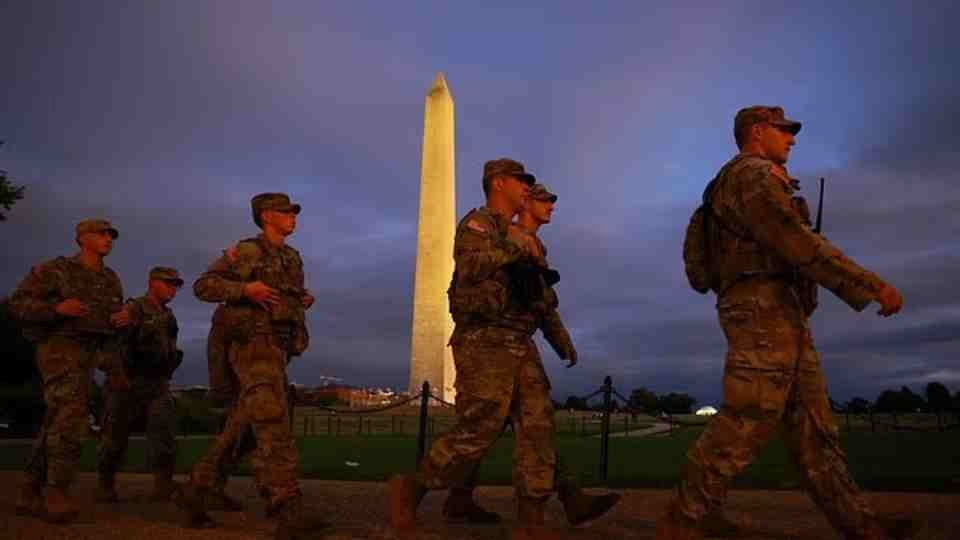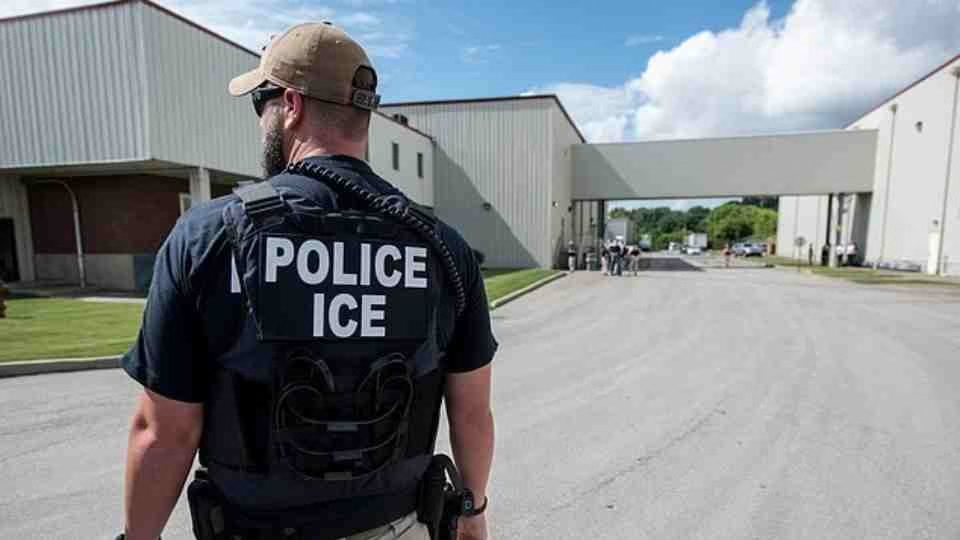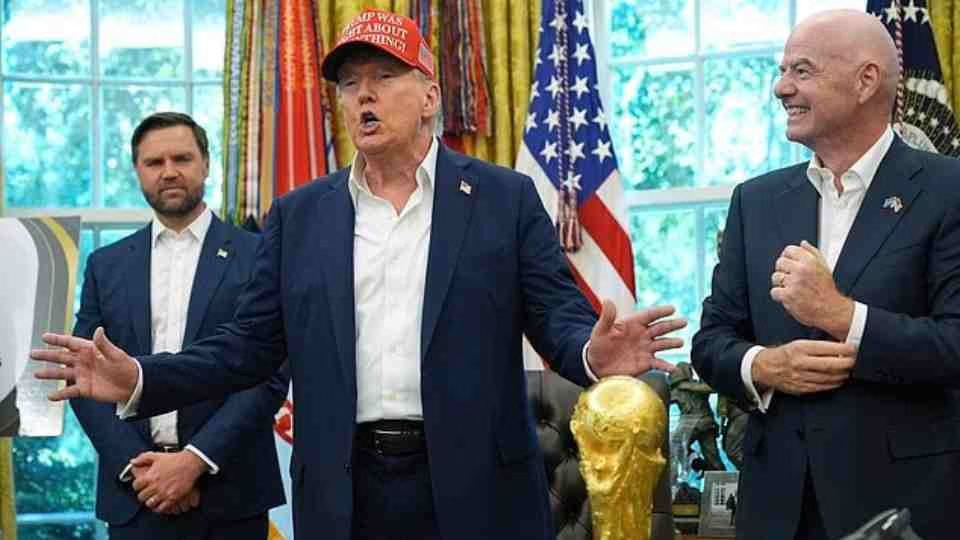The Trump administration is mobilizing up to 1,700 National Guard troops across 19 states to support immigration enforcement and crime reduction efforts, according to recent reports.
Deployment Details
The National Guard activation will span from August through at least mid-November, with Texas receiving the largest contingent of troops due to its status as a key border state. The 19 states involved in the operation include:
Alabama, Arkansas, Florida, Georgia, Idaho, Indiana, Iowa, Louisiana, Nebraska, Nevada, New Mexico, Ohio, South Carolina, South Dakota, Tennessee, Texas, Utah, Virginia, and Wyoming.

Mission Scope
The deployed troops will assist Immigration and Customs Enforcement (ICE) and the Department of Homeland Security with various support functions, including:
- Case management and administrative tasks
- Transportation and logistics
- Data collection, fingerprinting, DNA sampling, and photographing of individuals in ICE custody
- Crime deterrence operations
According to Pentagon officials, the troops will handle clerical functions and provide logistical support rather than direct enforcement activities.
Washington D.C. Operations
This expansion follows Trump’s earlier deployment of National Guard troops to Washington D.C., where he also federalized the Metropolitan Police Department under the city’s Home Rule Act. The D.C. deployment was prompted by a carjacking incident involving a former government employee.
Defense Secretary Pete Hegseth has authorized the D.C.-deployed troops to carry weapons and perform law enforcement duties, marking an escalation in their operational capacity.

Future Plans and Political Response
President Trump has indicated that Chicago may be the next target for federal intervention, criticizing Mayor Brandon Johnson’s leadership and claiming residents support such action. He also mentioned potential operations in New York.
However, public polling tells a different story. A Washington Post-Schar School poll found that 79% of D.C. residents oppose the federal intervention, with only 17% expressing support for the National Guard deployment and police federalization.
Administrative Context
The deployment represents a significant expansion of federal law enforcement resources under Trump’s renewed focus on immigration and crime reduction. Pentagon officials acknowledge they are preparing contingency plans for additional cities but declined to speculate on specific future operations.
The Department of Defense emphasized its role as a planning organization working with agency partners to protect federal assets and personnel, while leaving open the possibility of further deployments based on operational needs.






